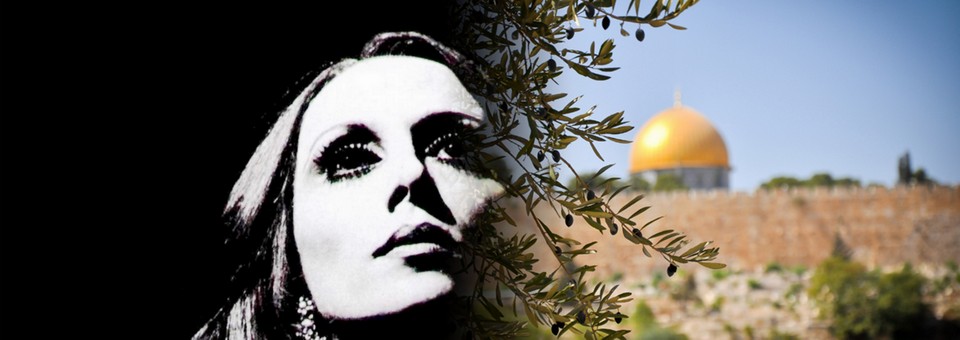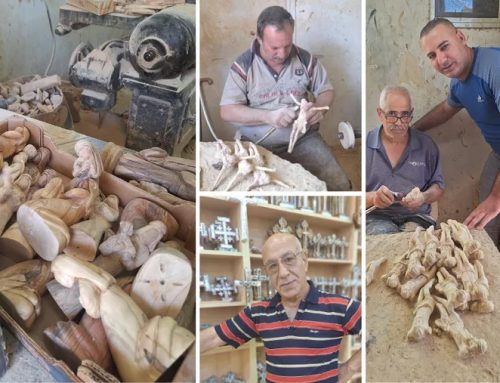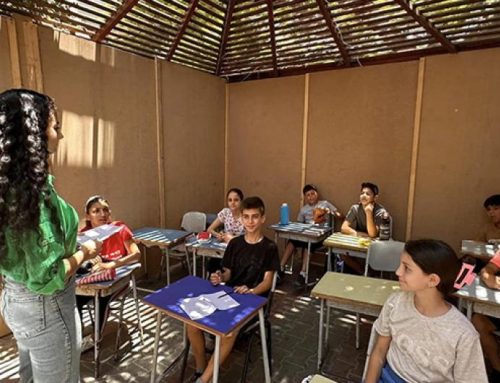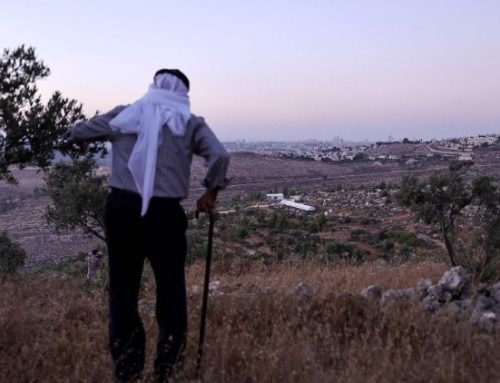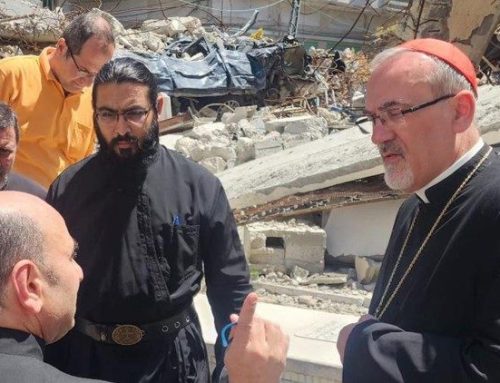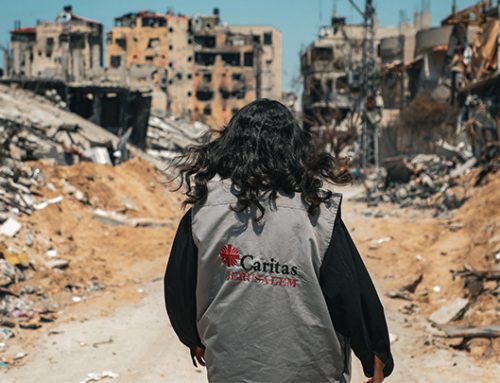LEBANON – Over fifty years have passed since Lebanese artist Fairouz released in 1967 her song for Jerusalem, “The flower of cities”. Today, and in the aftermath of the recent Gaza massacre, Lebanon’s most renowned artist returns with “Ela Mata Ya Rabbou” (How long, Lord?), a hymn adapted from chapter 13 of the Book of Psalms, which she dedicates to the Jerusalem and Gaza.
On May 20, 2018, a week after the Gaza massacre, Fairouz tweeted her latest hymn “How long, Lord?” with the caption “For you, O City of Prayer, I pray”, a reference to “the flower of cities”, one of her most known songs about Jerusalem that was released after the war of 1967.
The hymn was accompanied by a video, in which Fairouz appears chanting chapter 13 from the Book of Psalms all while an icon of Christ on the cross is seen behind her. In the verses, we can read that a psalmist is lamenting to God, asking Him when he will be relieved from his hardships.
The video then proceeds to show pictures of Palestinians during the six-week-long “Great March of Return” protests that started on Land day on March 30 and led up to May 15, the 70th anniversary of the Nakba. The protests were a reminder of the Palestinians’ Right of Return according to United Nations Resolution 194.
Between March 30 and May 19, there were 113 dead Palestinians and thousands wounded in Gaza.
During her singing career, Fairouz spoke about the plight of Palestinians and their right of return in songs like “I don’t forget you Palestine”, “we will return someday” and “Jerusalem’s ancient streets”.
Fairouz, who was born into a Syriac Orthodox and Maronite family, had also released two hymn albums; Good Friday Eastern Sacred Song and Christmas hymns.
Chapter 13 of the Book of Psalms:
“How long, Lord? Will you utterly forget me?,
How long will you hide your face from me?
How long must I carry sorrow in my soul,
grief in my heart day after day?
How long will my enemy triumph over me?
Look upon me, answer me, Lord, my God!
Give light to my eyes lest I sleep in death,
Lest my enemy say, “I have prevailed,”
lest my foes rejoice at my downfall.
But I trust in your mercy.
Grant my heart joy in your salvation,
for he has dealt bountifully with me!”
Saher Kawas
Source: Latin Patriarchate of Jerusalem

